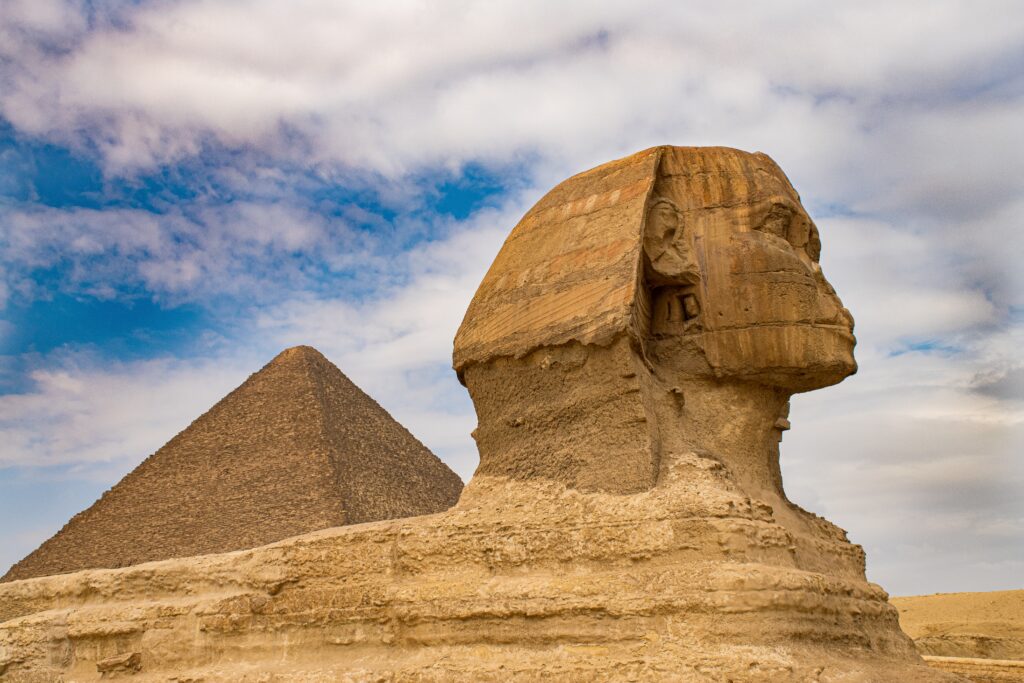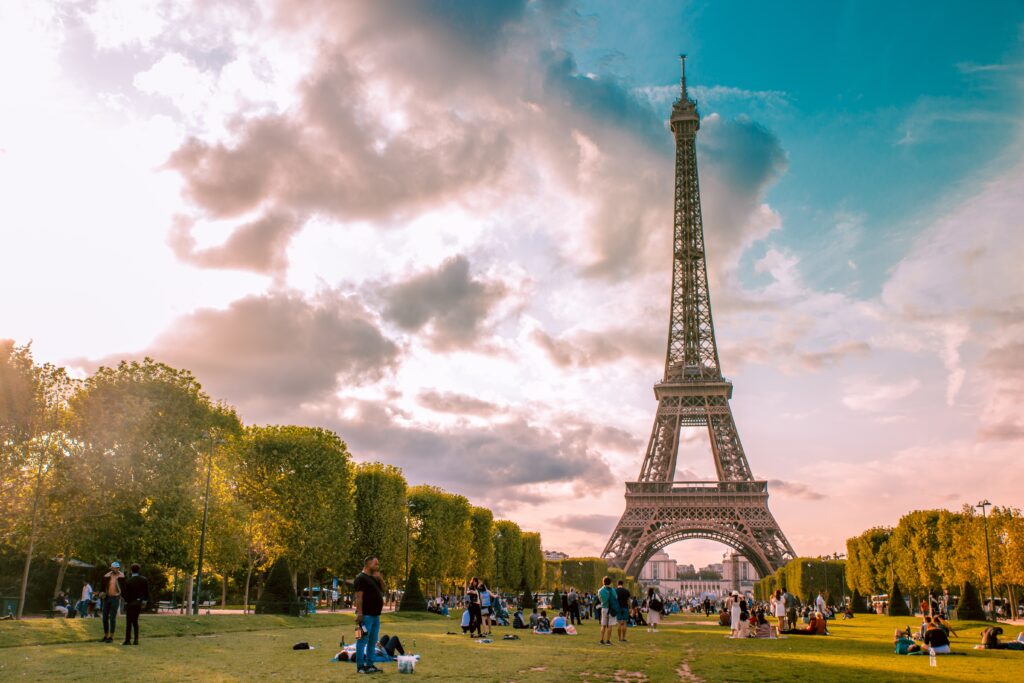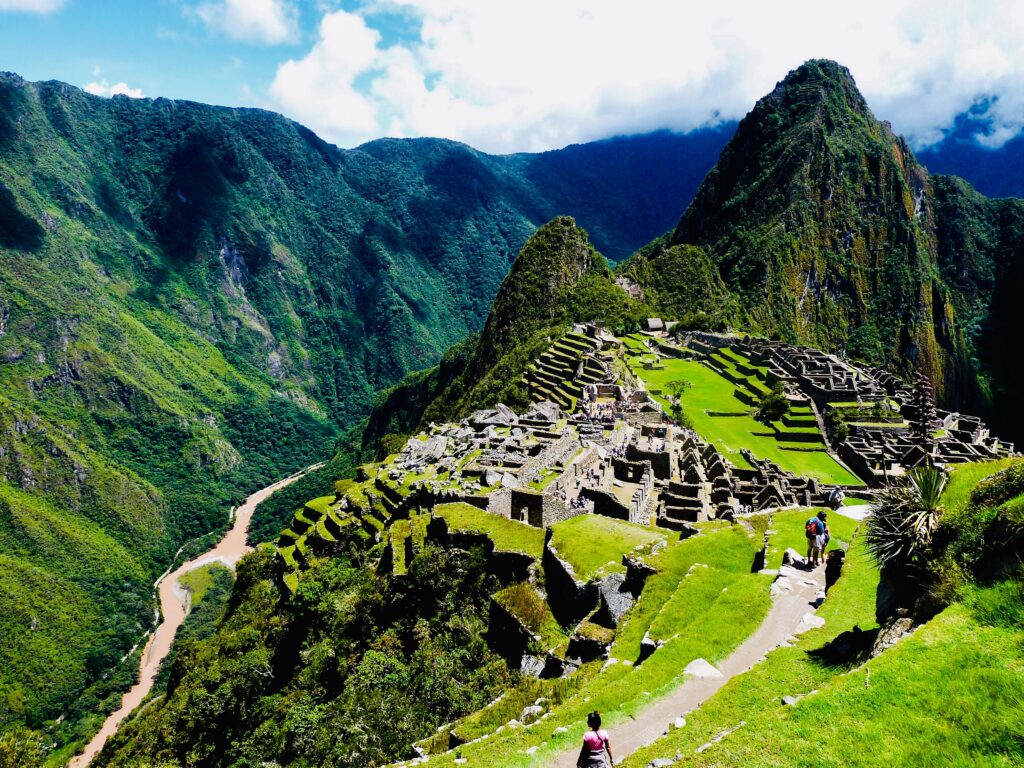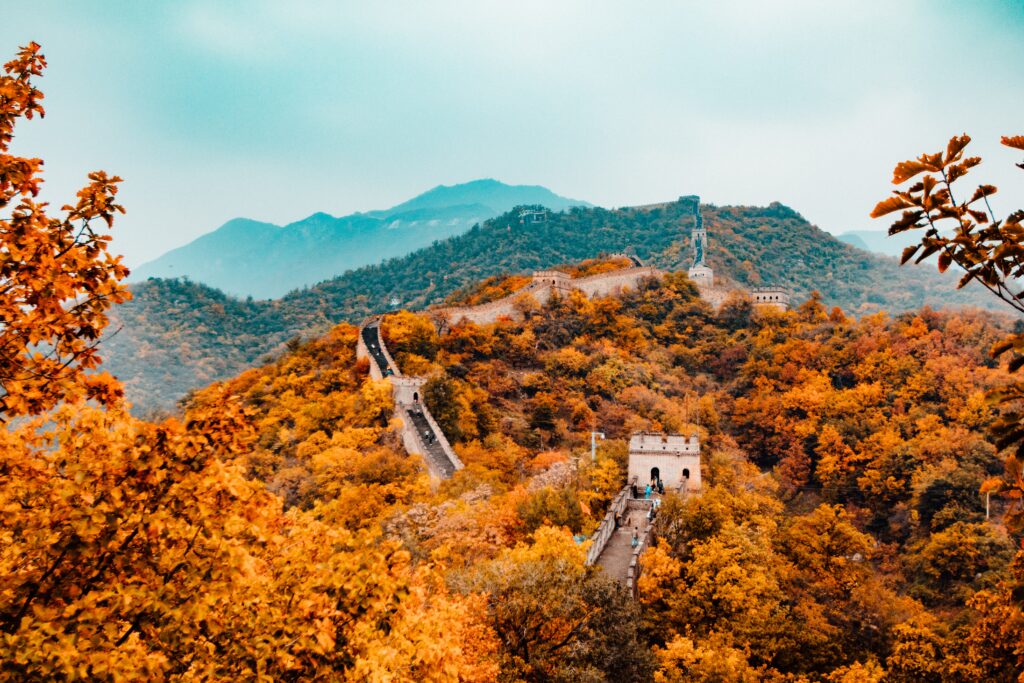When I was young, I read all of these Harlequin Presents romance novels set in all of these exotic locations — Italy! Greece! London! Sydney! Occasionally some other places!
How delicious to be a wealthy romantic novelist who could travel the world at her leisure, I thought. And, in her spare moments abroad, research future bestsellers.
Alas, at some point, I realized not all romance authors are Barbara Cartland. And many schlub away writing stories about places they haven’t yet had the chance to visit.
So what’s the trick to writing a location authentically, if you’ve never laid eyes on it? And is this even possible?
Why do writers set stories in faraway lands?
Maybe authors should only write stories set in their own backyard. It would be easier. And isn’t writing about places you’re not from a kind of “location appropriation”?
Thankfully, I’ve never yet heard that term. (Maybe I just coined it??)
I, personally, am not afraid to write books set in my hometown. I’ve done it. But, sometimes my imagination gets away from me (dratted thing!), and I come up with an idea that wouldn’t really work if set in Calgary, Alberta, Canada.
Plus, when you’re writing romance, there’s the added complication of marketability. Some publishers – and presumably some readers – just aren’t looking for books set in certain locations (like Calgary, Alberta, Canada).
So, many romance writers feel forced to write about ‘other’ locations.

Does accuracy matter?
I’ve read plenty of novels – romances in particular – that don’t seem all that concerned with accuracy, and some of them still managed to be entertaining.
But, I’ve also read at least one book (419 by Will Ferguson), that was partially set in my hometown, that felt somehow wrong in how it depicted Calgary. I’m not even sure if it was inaccurate, and it was written by a Canadian (just not a Calgarian), but something just felt off to me.
The worst thing about reading a book set in your hometown that feels inaccurate is imagining all those other blissfully unaware readers who think “Ah, so that’s what <insert the name of your hometown here> is like.”
So authenticity does matter. To some readers.
7 tips for getting location right
Get a general idea of the place
My favourite method of researching a place is to take a deep dive into Google, letting my curiosity be the guide. And, if I have the time, I’ll also immerse myself in movies, t.v. shows and books that are set there.
I’m very lazy, so I don’t usually take notes (though when online, bookmarks are my best friend).
This kind of research can make your ‘worldbuilding’ (because that’s kind of what you’re doing) feel more authentic and, let’s face it, it’s more fun than the drudgery of tracking down ‘facts’ to entwine in your prose.
But more importantly, it can help unearth facts about a place you didn’t even know to research. This is critical because a huge source of inaccuracy is the assumptions we make when we don’t know what we don’t know.
Warning:
Just remember, directors and cinematographers have limited budgets, and they do sometimes (often?) take artistic license with locations. I know my hometown often stands in for places it really looks nothing like. So don’t assume a place actually looks or is the way it’s depicted on screen, or in books, for that matter.

Take a virtual walk using Google Maps
Last year, I attended a CARWA seminar presented by Alyssa Alexander, who writes historical suspense romance. I was surprised to learn that though her books are set in England, when she started writing and publishing, she’d never visited the place.
One of her secrets to writing about an unseen location? Google Maps. She said she used Google Street View to ‘walk’ across the entire county where her book was set.
I’m not sure I have the patience for that kind of ‘walk’, but for me, writing a book set in Italy, Google’s interactive map has helped me understand the distances between places (being from Canada I’m always tempted to make places further apart than they could possibly be in tiny country like Italy.)
Google’s 3D views have also given me a sense of the typography of the place and the types of buildings that populate it, which has made my book more accurate.
Who knows, with all this talk of the metaverse, we’ll surely soon be taking VR walks when researching our books, and won’t have much guesswork to do.
Hire an authenticity editor
“Authenticity editor” seems to be a fast-growing occupation. These are people with expertise in a certain culture, sub-culture, religion, or medical condition who review books, checking how accurately that culture or condition is depicted.
These are often ‘sensitivity’ readings, aimed at mitigating the risk of readers being offended. But, editors can also check for how accurately you’ve represented the people and culture of a region.
Warning:
This does cost money (probably several hundred dollars if you get an entire manuscript critiqued). And, depending on the region, you might not be able to easily find someone who specializes. Plus, there’s no accreditation for this field (as far as I know), and the expert is just one person with one opinion, so take the things they say as guidance, not gospel.

Get your book critiqued by a local
If you don’t want to pay to get your book critiqued, maybe you can find a local to do it instead.
If the book is set in a place where they speak another language, an ESL forum might be a good place to seek out a reviewer. People learning English often welcome help from a fluent speaker – practice speaking, or having their English writing reviewed – so you might be able to trade a critique for some language assistance.
Another option, potentially less safe, is finding a chat room dedicated to the region you’re writing about or its language. Or, maybe try an expat organization in your vicinity.
Warning: Regional differences and the individual’s point of view mean no local source is perfect. Remember that even locals are limited in what they know about their country. For example, if your book is set in Toronto, Canada, and you asked me, a Canadian, to review it for location accuracy, I’d probably turn you down since I live in Calgary, which is over 3000 km away from Toronto.
Warning: Weigh the risk before sharing your manuscript with a stranger — though the risk is likely low, especially if you’re a new writer. I don’t think stealing a book from a new writer really pays much.
Be vague
Good writing is detailed writing. Or that’s what they say. You want to transport your reader to your location, you want them to see and feel everything!
In some genres, this is good advice. But in romance… Honestly, I hear other writers talk about the importance of including vivid descriptions in stories, but I rarely notice any detailed descriptions in the romance novels I read. I believe, in general, romance readers are very focused on story, and look to other genres if they want a lot of description.
So, don’t be specific! At least, pick and choose where you include details. Maybe you write very sensual, sensory sex scenes with lots of detail (generally, no fact-checking required), but only spare a sentence or two for the rooms where they take place (keeping it vague).
Warning:
The level of detail required in a book really depends on the genre and subgenre you’re writing in. For example, historical romances and mystery novels probably do require a bit more detail, to satisfy readers’ expectations.

Set it in a made-up location
I confess, I’m both lazy and terrified of making mistakes. It’s a bad combination for a writer.
So, of the six books I’ve written, four are set in fictitious places – two on a make-believe Caribbean island, and two in a make-believe Middle Eastern kingdom – to help reduce the risk of making a faux pas.
But don’t think creating a make-believe location is an easy solution. Oh no – because then you have to create everything!
I’ve tried to (loosely) base my books on actual locations, so for every detail, I’ve had to research the reality, then figure out how closely to reflect that reality in my made-up location.
It is a lot of work, but it does protect you a bit from criticism.
… or, Set it in a fictionalized version of a real location
All novels set in real places are, in fact, fictionalized to some degree. Think of the romance where the heroine is employed at a law firm that doesn’t actually exist, even though every other detail about the place is spot on. It’s fiction, after all, so at some point, the details in your world must cease to be real.
So feel free to fudge a bit – on some things, anyway. It’s called artistic license.

Take the excuse to go visit!
And remember to take lots of pictures and copious notes.
Warning:
I think the danger of taking a trip for research purposes is that you can overdo the details, to justify the cost and effort. Sometimes, vaguer is better.
Does accuracy matter, revisited
We all want to be accurate. We do. But, if fear of making an error is holding you back from writing… Then embrace imperfection.
All fiction is just fiction. And romance in particular is really just fantasy. I know some romance writers would disagree with that, but I think it’s true. Readers turn to romance for escape and relaxation – to have their emotions captured, not so much their intellect. And there’s nothing wrong with that.
Locations like Greece and Italy were never depicted accurately in those Harlequin Presents books I read growing up – a fact I recognized even as a child. They were archetypes, and were no more realistic than the gorgeous, sexy, ‘billionaire’ heroes who resided in them.
So how much weight you give to accuracy is a matter of perspective. And genre.
Some sub-genres, like historical romance, may require more concern for accuracy.
Or not. After all, look at the intentionally inaccurate t.v. show, Bridgerton – it seems to be doing just fine.